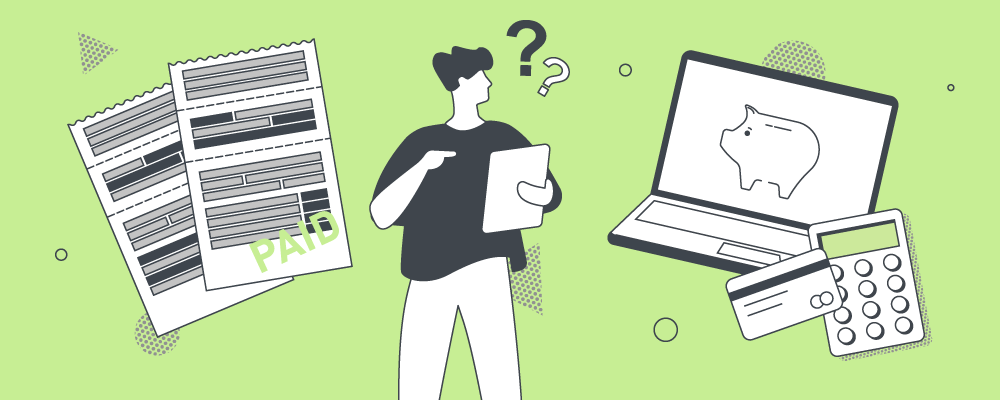
Whether you want to remortgage because your circumstances have changed or you’ve found a better deal, we’re here to help. Our handy guide explores the remortgaging process and the best time to do it.
What does remortgaging mean?
Remortgaging means taking out a new mortgage on a property you already own. This may happen because your current deal has ended, you’ve found a better rate, or you want to borrow money against your home’s value.
How does it work?
When you remortgage, you can either move to a new lender or transfer to a different deal with your current lender. This is known as a product transfer.
The application process is the same as a normal mortgage application. You’ll need to provide proof of ID, have your credit score checked, and have your home valued.
When to remortgage
Unsure when to remortgage? There are several cases where remortgaging is your best option.
1. Your current deal is about to end
If you’re on a tracker or fixed-rate mortgage, your deal will last somewhere between two and five years. Once it ends, you’ll revert to an ongoing rate, usually your lender’s standard variable rate (SVR). This will likely be higher than the one you’ve been on, so you could save money by switching lenders.
2. You’ve found a better deal
If you want to switch your mortgage during your mortgage scheme period, you may need to pay an Early Repayment Charge (ERC). This is typically between 2% and 5% of your outstanding loan, plus a small exit fee.
This shouldn’t put you off from remortgaging. The savings made from switching deals can make it worth it, even if you need to pay the ERC. It’s a good idea to speak with a mortgage broker, as they can advise on the best option for your circumstances.
3. You’ve built up equity
If your home’s value has increased since you took out your mortgage, you may be in a lower Loan-to-value (LTV) band. This means you can access lower interest rates and more competitive mortgage deals.
4. You’re worried about interest rates
If the Bank of England’s rates are increasing, your monthly payments may be affected directly. This depends on the type of deal you have. If it’s the rate that other customers are offered, you may not be impacted.
Ensure you’re directly affected by the increase in interest rates before remortgaging.
5. You want to overpay
If you want to pay extra because your financial circumstances have improved, but your lender won’t permit this, you can remortgage with a new lender. This allows you to reduce your loan size and access a cheaper rate.
Explore our wide range of brand-new, energy-efficient properties across the UK. These include 2 bedroom and 3 bedroom homes for first-time buyers and 4 bedroom and 5 bedroom homes for growing families.
Call our Sales Advisers today to learn more.


